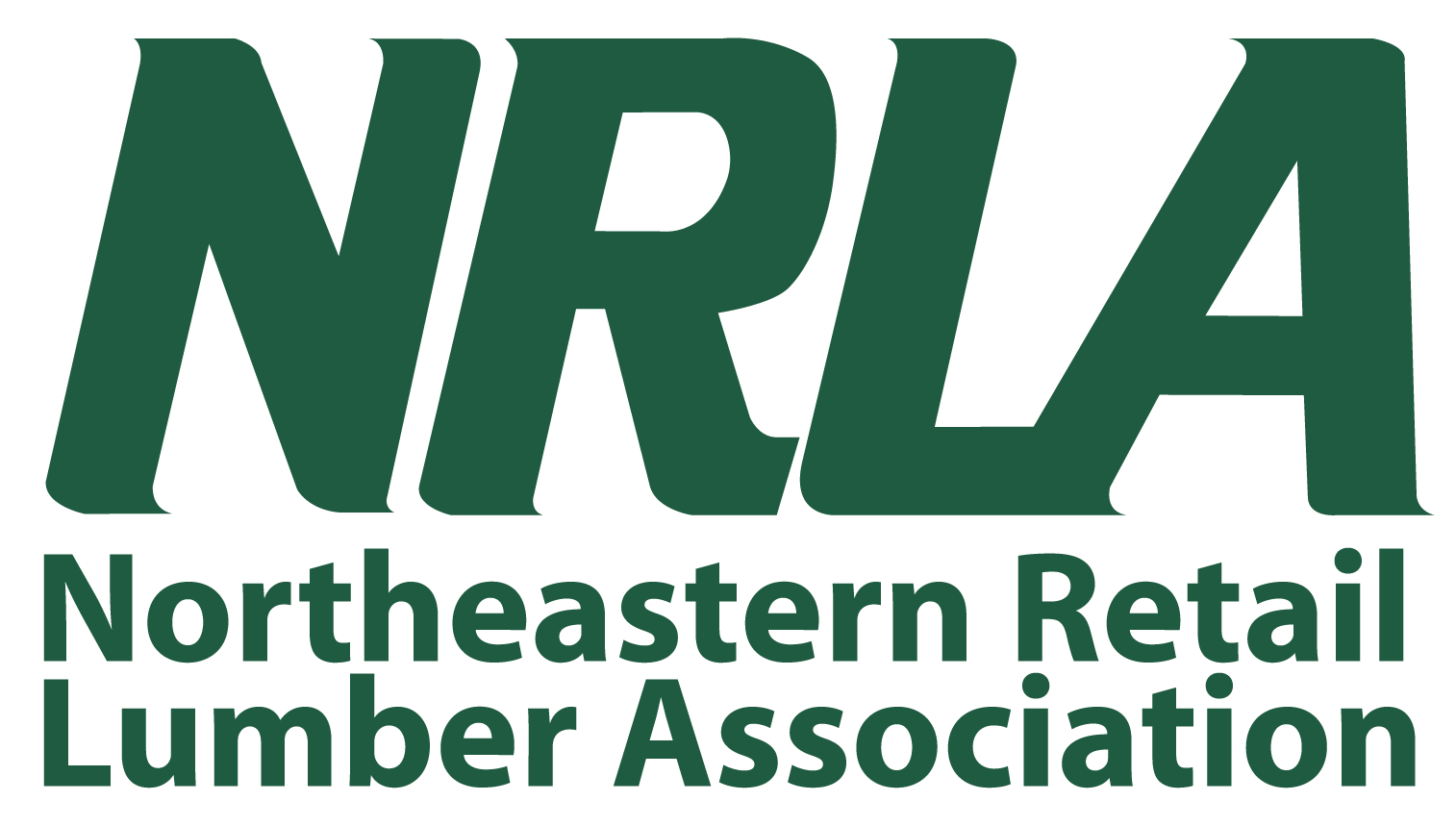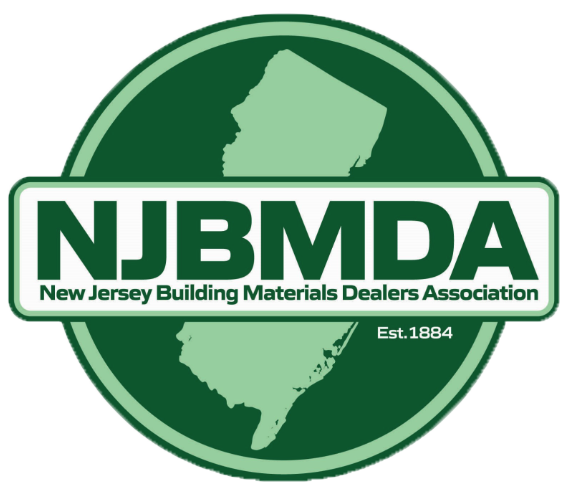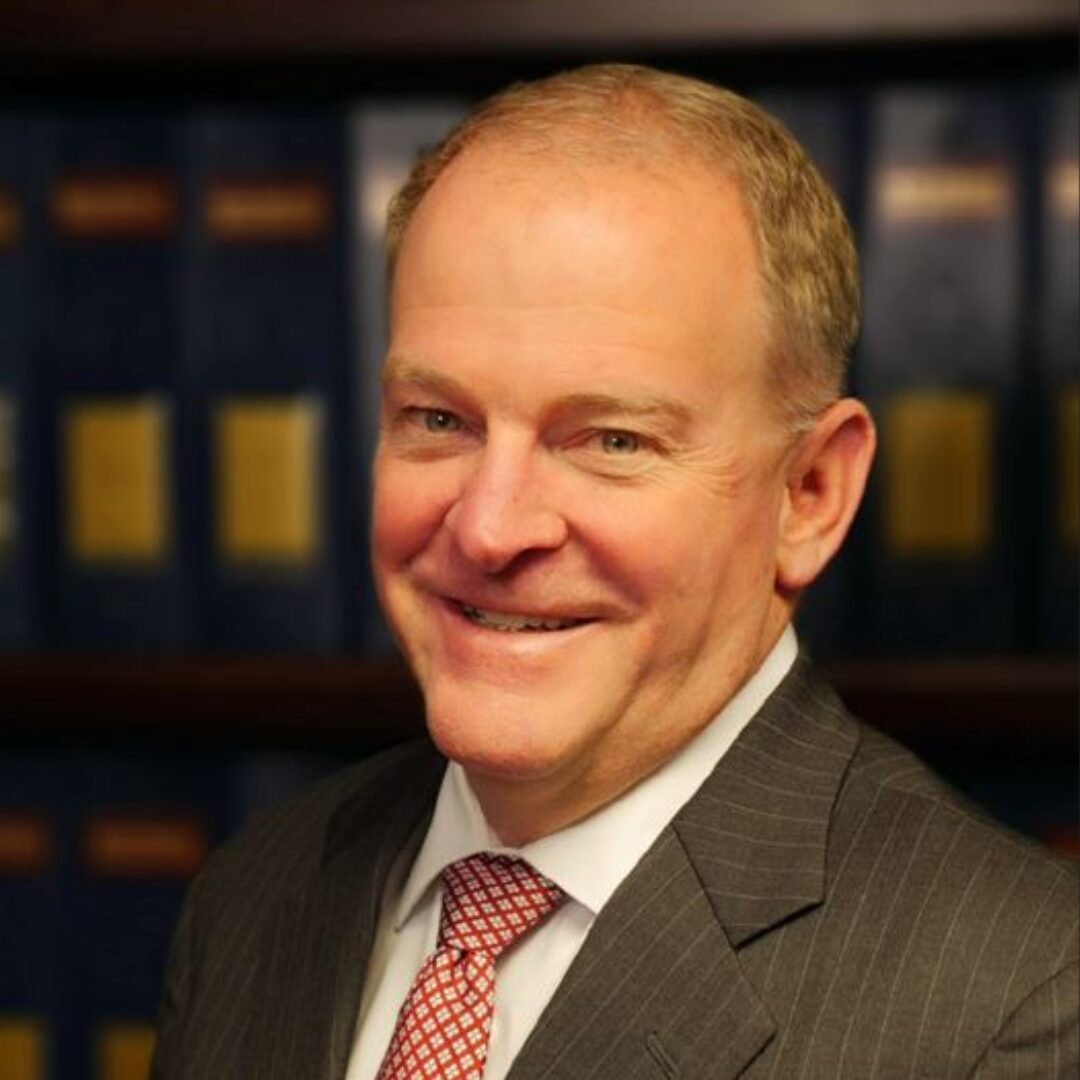Murphy Proposes New Business Taxes in His 2025 Budget
In Gov. Phil Murphy’s 2025 Budget Address, he outlined a plan to raise business taxes on the state’s largest companies in order to fund NJ Transit. It’s not the only tax increase in the $55.9 billion budget Murphy outlined Tuesday, but it is by far the largest and likely most politically divisive.
But his administration said economic circumstances have changed and that his proposals balance responsible budgeting with his focus on affordability. A senior administration official noted, that the new fees and taxes were tailored and not broad-based.
The new 2.5 percent tax, called the Corporate Transit Fee, on some 600 businesses making over $10 million a year in profit will be one of the most significant moves by the Governor. The transit fee is, by far, the biggest news in Murphy’s proposed budget, which includes a $6.1 billion surplus, a figure that includes the transit fee money collected this year. That’s down by about $2 billion from the budget Murphy signed in June and, by percentage of the budget, is less than what’s legally required for the state to fund its StayNJ senior property tax relief program in 2026
StayNJ requires the state to have at least a 12 percent surplus. Murphy’s proposed surplus represents about 11 percent, but state Treasurer Elizabeth Muoio told reporters on Monday that the administration will work with the Legislature to reach the program’s requirements.
Other fee increases are far smaller — like undoing the sales tax break for electric vehicles, which will bring in about $70 million, as well as a new $1 tax on trucks visiting warehouses, which would bring in about $10 million, according to administration officials.
The budget proposal includes $200 million for StayNJ, which aims to cut property taxes in half for those 65 and older with incomes of up to $500,000 for a maximum $6,500 benefit. The state is gradually ramping up funding to implement the first year of the program, which will be the start of 2026 at the earliest. There is also $2.27 billion set aside for the state’s ANCHOR property tax rebate program for homeowners and renters.
The budget also fully funds the school aid formula with $11.66 billion — making Murphy’s the first administration to do so.
School districts are about to be notified about how much aid they will receive. According to the state treasurer, 423 districts will get more, 140 districts will get less, and 15 districts will get just the same.
Republicans argued that those funding cuts to education — along with the new fees and taxes, fare hikes at NJ Transit, and highest-in-the-nation property tax rates — are far from the “stronger and fairer” budget Murphy portrayed.


